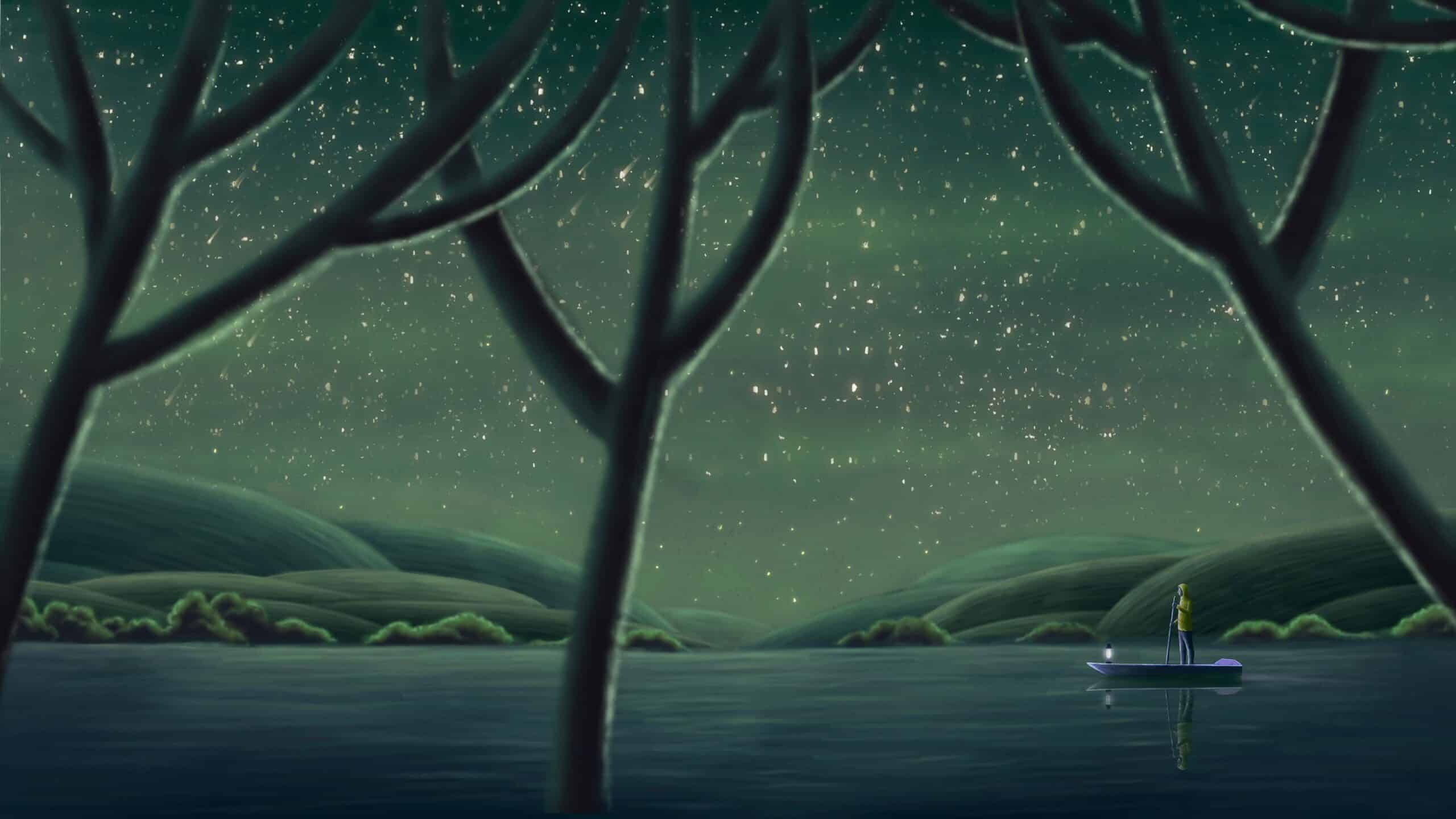
What Should We Do With Our Free Time?
In the meandering paths of our daily routines, where the mundane often eclipses the marvellous, the way we spend our free time can serve as a sanctuary for our true selves to flourish. Albert Camus, a philosopher who wove the threads of absurdism into the fabric of existential thought, offers a singular vantage point on this aspect of our lives. Through Camus’ lens, our leisure moments are more than mere pauses in the relentless march of obligations; they are opportunities for rebellion against the absurd, for creating moments of joy and meaning amidst the inherent meaninglessness of life.
Albert Camus challenged us to confront the absurdity of existence—the realisation that life is devoid of inherent purpose—with courage and defiance. In this existential framework, how we choose to spend our free time becomes a powerful expression of our revolt against the absurd. It’s in these moments, Camus suggests, that we can assert our freedom, affirm our existence, and craft our essence with intentionality.
For Camus, one of the most profound ways to use our free time is through the act of creation. Engaging in artistic pursuits—be it writing, painting, music, or any form of self-expression—allows us to transcend the absurdity of life by leaving a mark of our existence. In works like “The Myth of Sisyphus,” Camus celebrates the creative process as a fundamental act of rebellion. Whether you’re an artist by profession or a hobbyist, the act of creating in your free time can be a declaration of your personal quest for meaning, an assertion of your individuality, and a testament to your refusal to succumb to the absurd.
Another aspect of living authentically, according to Camus, is to seek and relish moments of immediate joy and happiness. This can be found in simple pleasures and experiences that connect us to the beauty of existence—watching a sunset, enjoying a quiet walk, or sharing laughter with friends. In “The Outsider” (also known as “The Stranger”), while acknowledging life’s inherent absurdity, Camus also hints at the capacity for happiness in the moment, in the sensory and the real. Free time, from this perspective, becomes precious for fostering connections with the world and people around us, offering brief, yet profound, respites from the absurd.
Importantly, Camus’ philosophy of rebellion extends beyond the personal to encompass a collective dimension. Spending our free time engaging with and contributing to our community aligns with Camus’ vision of rebellion as an act of solidarity. Volunteering, participating in community arts, or supporting causes that promote justice and understanding not only enrich our lives but also weave us into the larger fabric of human endeavour against the absurdity of existence. In this collective rebellion, we find a shared purpose, a connection that defies the solitude and alienation of the absurd.
Albert Camus presents us with a call to live authentically, to use our free time not as an escape from the world but as a stage for engaging with it more deeply. In embracing our leisure as an extension of our rebellion against the absurd, we find avenues for joy, creativity, and community that affirm our existence and our values.
As we navigate the freedom of our free time, let us take inspiration from Camus: to create, to enjoy, to connect, and to rebel. In doing so, we can find moments of meaning in an otherwise indifferent universe, crafting a life filled with purposeful defiance and vibrant authenticity.



